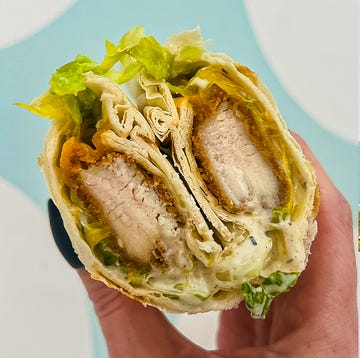Of Bud Light's two advertisements last night, the Game of Thrones joust scene was arguably the more talked about. It had nearly 400,000 views on YouTube at the time of this post, while the second, which called out Miller Lite and Coors Light for using corn syrup in their beer, had around 87,000. But you better believe the other beer companies—and corn farmers—took note of the latter commercial.
In the ad, the Bud Light Knight and some other medieval folk go on a journey to give a giant barrel of corn syrup accidentally delivered to them back to Miller or Coors. "Miller Lite, we received your corn syrup by mistake," the commercial goes. "Try the Coors Light castle, they also use corn syrup," a Miller character says.
The whole schtick is meant to get people to choose Bud over the other two brands, obviously, so it's no surprise it got plenty of responses from the beer industry, as well as individuals calling the ad a scare tactic.
MillerCoors clarified they do not use high fructose corn syrup (which contains both glucose and fructose, whereas corn syrup is fully glucose). They also noted the difference in calories and carbs.
The National Corn Association expressed its disappointment.
And other beer companies chimed in with notes on their ingredients.
The ad is in sync with a new Bud Light initiative: Beginning this month, Bud Light cans will list their ingredients—water, barley, rice, and hops—on the label. Speaking about the commercial and decision to list ingredients, Bud Light's VP of Marketing Andy Goeler told USA Today, "We think it is good for the beer industry as a whole to be transparent about what’s in your beer."
Meanwhile...is beer made with corn syrup really that bad for you? Not necessarily, says Men's Health nutrition advisor Chris Mohr, Ph.D., R.D. According to Mohr, the refined sugars used to make beer are essentially eliminated during the fermentation process.
"Sugar is used in the brewing process to feed the yeast as part of the fermentation, so the sweetener used for brewing beer is a moot point since the finished product does not have sugar," Mohr told Men's Health.
Obviously, that's not to say beer is good for your health, but in this case, it's more beneficial to focus on the quantity of beer you're drinking rather than how it's brewed.












